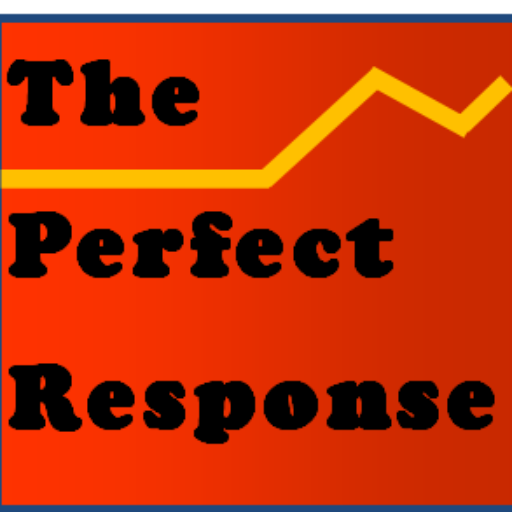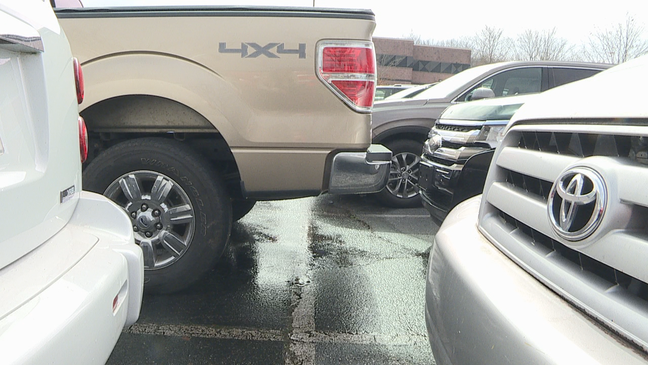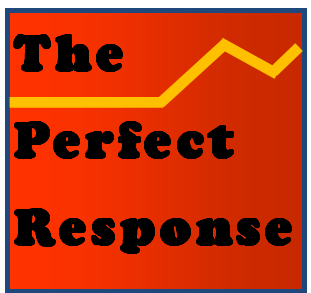Purposeful collecting may matter more than we know. It offers a release from the crazy world we can’t control.

Anyone’s collection of almost anything is a marker of self-definition. Collecting turns out to be not only one acceptable way to have too much stuff, but usually represents our relationship to a certain class of things that are part of our core identity. In simpler terms, our stuff is emblematic of our enthusiasms. Jay Leno has over 300 rare cars, and stories about each one of them. According to Wikipedia, Mariah Carey collects shoes and Kiefer Sutherland has a number of Gibson guitars. F.D.R. was famous for his stamp collecting. And everyone knows that Tom Hanks collects old typewriters. One of my grandmothers had a prominent display of miniature spoons with the names of such exotic places as Salt Lake City and Tulsa. At least the spoons didn’t take up much space, which is more than can be said for Leno’s passion. My grandkids are avid collectors of Pokémon cards, with enthusiastic explanations that still tax my understanding. To the uninformed they seem a bit like professional sports cards, which have a long history with kids and adults. We even have E. M. Forester’s wonderful character, Helen, in Howards End. She moves through soggy London inadvertently collecting other people’s umbrellas.
Several years ago I wrote a essay wondering if we were done collecting. At that time it was easy to notice that streaming had replaced music collections that used to sit heavily on our walls. But the impulse to convert our passions into material ownership may be deeper than I knew. There is the well-known example of resurging interest in vinyl records. New bands establish their credibility with vinyl albums. And vintage stereo equipment to play them on is also having its moment. Purposeful collecting may matter more than we know. It offers a degree of escape from a crazy world we can’t control, to a set of things that we can.
Most of us are remain active curators, though we rarely use that word. This is obvious to any user of Facebook or Snapchat. Facebook dramatically displays images of ourselves and the things and images we will allow to stand in for us. Selfies are galleries of the considered self. We sometimes use these images to relay pieces of the culture that we want others to like as much as we do.
 Older forms of personal curating continue as well. Model railroaders curate their collections with the passion of medievalists working at the British Museum. Guitarists rarely have just one instrument; most acquisitions represent a new point on their own learning curve with the instrument. A lot of of us can’t resist a rare find carefully brought home to gather dust next to others like it. And more Americans accumulate tattoos to forever memorialize moments when exuberance probably exceeded caution.
Older forms of personal curating continue as well. Model railroaders curate their collections with the passion of medievalists working at the British Museum. Guitarists rarely have just one instrument; most acquisitions represent a new point on their own learning curve with the instrument. A lot of of us can’t resist a rare find carefully brought home to gather dust next to others like it. And more Americans accumulate tattoos to forever memorialize moments when exuberance probably exceeded caution.
Most of us live near a street of antique emporiums, used bookstores and flea markets. All are ready to sell everything from art-deco ashtrays to old film lobby posters, to more Beatles merchandise than any household needs. Those mini stores are a reminder that while many are done hunting for the basics of life, we are still eagerly gathering items that can fill in a narrative that is a refreshing alternative to the present. The People’s Store in New Jersey is a trove of passions for artifacts, old and older. The artifact remains after the owner of the passion is no longer around.
Alas, after the original curator of a collection leaves the scene, their collections will probably end up packed away in the attics of their still puzzled heirs.
![]()




 Others around the world have every right to raise an eyebrow over our angst at feeding the glutinous beasts sitting in our driveways. Most of us own some version of the SUV, those “suburban assault vehicles” that clog our streets and spill over the lines of once spacious parking spots. In fact, most would require two parking spaces in Amsterdam, and some would be wide enough to completely span the width of a street in Rome. If the choice for some is not the standard SUV, it’s often the truck equivalent—buffed and spotless—and frequently carrying no more than one driver in an oversized seat.
Others around the world have every right to raise an eyebrow over our angst at feeding the glutinous beasts sitting in our driveways. Most of us own some version of the SUV, those “suburban assault vehicles” that clog our streets and spill over the lines of once spacious parking spots. In fact, most would require two parking spaces in Amsterdam, and some would be wide enough to completely span the width of a street in Rome. If the choice for some is not the standard SUV, it’s often the truck equivalent—buffed and spotless—and frequently carrying no more than one driver in an oversized seat.